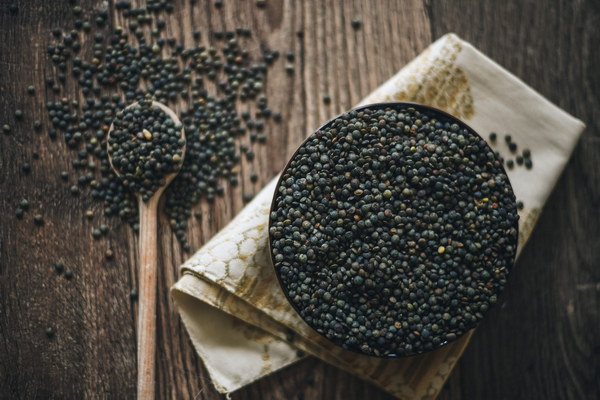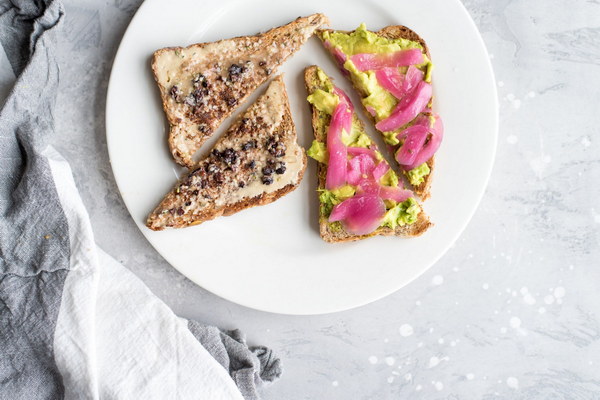Pain in the Womb A Comprehensive Guide to Body Care for Uterine Discomfort
Introduction:
Pain in the womb, commonly referred to as uterine pain, can be a distressing and uncomfortable experience for many women. It can be caused by various factors such as menstrual cramps, endometriosis, fibroids, or other reproductive health issues. To alleviate the discomfort and promote overall well-being, it is essential to adopt a holistic approach to body care. This article provides a comprehensive guide to managing uterine pain through various lifestyle modifications and natural remedies.
1. Maintain a Balanced Diet:
A well-balanced diet plays a crucial role in managing uterine pain. Incorporate the following nutrients into your diet:
a. Omega-3 Fatty Acids: Found in fish, flaxseeds, and chia seeds, omega-3 fatty acids help reduce inflammation and alleviate pain. Aim for at least two servings of fatty fish per week.
b. Magnesium: This mineral is known for its muscle-relaxing properties. Foods rich in magnesium include almonds, cashews, spinach, and bananas.

c. Vitamin D: Adequate vitamin D levels can help alleviate menstrual cramps. Incorporate fortified dairy products, fatty fish, and sunlight exposure into your routine.
d. Vitamin E: This antioxidant can help reduce inflammation and alleviate pain. Foods rich in vitamin E include nuts, seeds, avocados, and vegetable oils.
2. Stay Hydrated:
Drinking plenty of water is essential for overall health and can help alleviate uterine pain. Aim for at least 8-10 glasses of water daily.
3. Regular Exercise:
Engaging in regular exercise can help reduce uterine pain by improving blood flow and promoting the release of endorphins, which are natural painkillers. Gentle exercises such as walking, yoga, and swimming are particularly beneficial.
4. Heat Therapy:
Heat therapy can help relax the muscles and alleviate pain. Use a heating pad, warm bath, or hot towel to apply heat to your lower abdomen during periods of discomfort.
5. Alternative Therapies:
Consider exploring alternative therapies such as acupuncture, massage therapy, or chiropractic care to alleviate uterine pain. These treatments can help reduce inflammation, improve blood flow, and promote relaxation.
6. Adequate Sleep:
Ensure you get enough sleep, as inadequate sleep can exacerbate uterine pain. Establish a regular sleep schedule, create a comfortable sleep environment, and avoid electronic devices before bedtime.
7. Manage Stress:
Stress can worsen uterine pain. Practice stress-reducing techniques such as meditation, deep breathing exercises, or journaling to maintain a calm and balanced mindset.
8. Avoid Caffeine and Alcohol:
Both caffeine and alcohol can exacerbate uterine pain. Minimize or eliminate these substances from your diet to alleviate discomfort.
9. Seek Professional Help:
If your uterine pain is severe or persistent, it is crucial to consult a healthcare professional. They can provide a proper diagnosis and recommend appropriate treatments, such as medication or surgery, if necessary.
Conclusion:
Pain in the womb can be a challenging experience for many women. By adopting a holistic approach to body care, including a balanced diet, regular exercise, and stress management, you can alleviate discomfort and improve your overall well-being. Remember to seek professional help if your uterine pain persists or worsens, as it may indicate an underlying condition that requires medical intervention.









